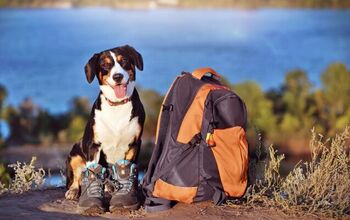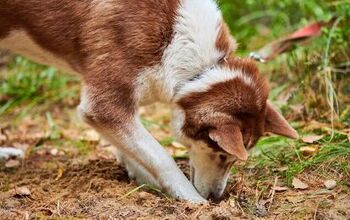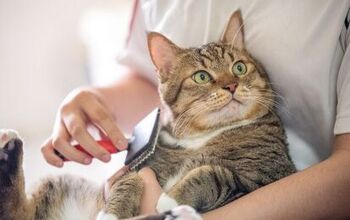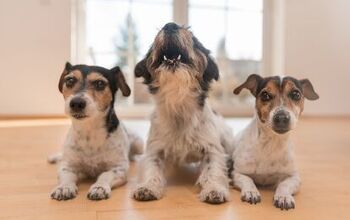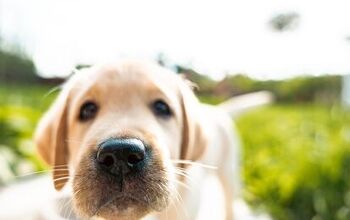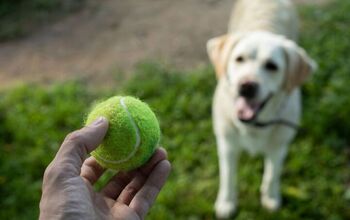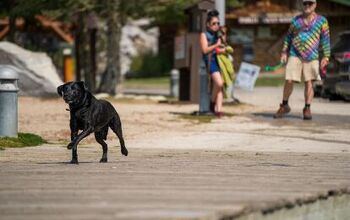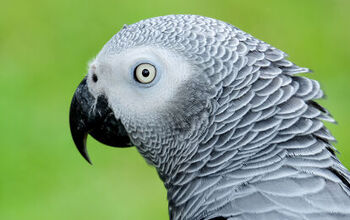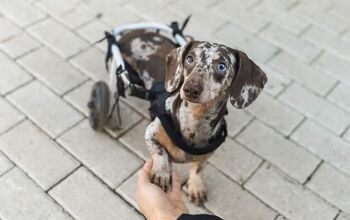Border Collie


About Border Collie
If there was a workaholic dog breed, the Border Collie would take the title. Border Collies are famous for its ability to safely and effectively work as herder dogs. But this incredible breed has a lot more going for it than working with other animals – just look at how adorable it is!
Intelligent and energetic, the Border Collie is eager to learn and work for its owners. If you’re a dedicated owner that can give your Border Collie enough attention and tasks to complete, this breed may be a good fit for your home. Read on to learn more about this interesting breed.
Border Collies are famous for its ability to safely and effectively work as herder dogs.
The Border Collie we are familiar with today came about in the early 1800s. First called the Scotch Sheep Dog, this breed is from the British Isles, where it herded sheep. Queen Victoria was a fan of the breed after spotting it in action. The Border Collie’s name is up for debate – some say “collie” comes from a kind of sheep, while others say the word is derived from the old Gaelic word for useful.
The Border Collie was bred from a variety of British sheepherding dogs in order to create a dog that wouldn’t nip or bark while herding.
The Border Collie was recognized by the AKC in 1995.
Border Collies are energetic dogs, so feeding it the proper nutrition is important to its overall health and well-being. These nutritional needs can come from a high quality commercial dog food, but feel free to supplement with vegetables and fruit. You should always check that your Border Collie is getting the proper amount of amino acids, protein and vitamin B12 found in meat-based foods.
Intelligent and energetic, the Border Collie is eager to learn and work for its owners.
Both rewarding and frustrating, the Border Collie is considered by some to be the smartest of all dog breeds. As a trainer, you’ll have to establish your dominance early otherwise your dog may try to exploit the situation. Try to incorporate treats and play time into all of your training sessions.
The Border Collie has a natural love of performing tricks, and you’ll find that your dog will love to perform for an audience.
When training, it is important to remember that you’ll have more success with your Border Collie if you keep it positive. Harsh commands or treatment won’t get you the results you’re after. Make sure to come prepared with lots of patience and consistency.
Male Border Collies weigh 30 to 45 pounds, while females weigh 27 to 42 pounds.
Be warned that it takes a while for the Border Collie to mature – don’t expect this dog to come into its own emotionally or physically until it reaches 3 to 4 years of age. No matter how playful the breed is, there’s no denying the intelligence of the Border Collie. This dog is considered the ultimate herding dog, considering its ability to react to the herd and get results without using barking or violence.
A bundle of never-ending energy, the Border Collie will keep going, even after a hard workout or long day herding. Because of its herding capabilities, the Border Collie may try to herd family members, but this can be corrected with proper training.
For the most part, your Border Collie will be healthy if well taken care of, but there are a few concerns to be aware of.
Hip dysplasia is a common dog health issue, and it can affect a Border Collie’s movement, especially in the hind quarters. Depending on how sever the issue is, drug treatment and surgeries are possible options.
Like many large and medium sized breeds, Border Collies can have problems with its eyes and ears, in particular, progressive retinal atrophy. First, it affects the dog’s night visions and progresses into complete blindness. As well, Collie Eye Anomaly is another common eye problem, but the good news is that once the dog is diagnosed, the condition never gets any worse.
Your Border Collie may suffer from deafness, but in most cases, these smart dogs figure a way around the problem and live a full life.
Border Collies have a life expectancy of 12 to 18 years.
Your Border Collie will never run out of energy. That means you need to keep your dog entertained, even if you are tired. If you’re out for long periods of time, make sure you leave toys, balls, and other activities that will keep your Border Collie busy.
Great pets for active people, Border Collies love games of fetch and Frisbee. Take your dog out for hikes, runs, bike rides and swimming – anything that will use up some of its energy.
This dog is considered the ultimate herding dog, considering its ability to react to the herd and get results without using barking or violence.
The American Kennel Club says this about the breed: “The workaholic of the dog world, the Border Collie is the world’s premier sheep herder, prized for its intelligence, extraordinary instinct and working ability. Medium-sized and athletic, the breed controls stock with stalking movement and an intense gaze known as ‘eye’.”
The Border Collie’s coat is distinctive. It has a soft and short undercoat and a topside coat that is long and medium textured. To protect it from the elements, the Border Collie has a thick undercoat. As well, you’ll notice a unique feathering about its legs.
The Border Collie tends to shed, so you’ll have to brush your dog fairly often – a thorough brushing twice or three times a week is recommended. And because Border Collies have long hair, trims are necessary.
As with most breeds, you should start training your Border Collie puppy as soon as it comes home. Don’t expect your dog to grow out of its playful puppy stage – it will last for three to four years.
Photo credit: Eric Isselee/Shutterstock

Amy Tokic, Editor of PetGuide.com, is a passionate animal lover and proud pet parent of Oscar, a Shih Tzu/Chihuahua cross, and Zed, a Japanese Chin. Her love of animals began in kindergarten, when she brought her stuffed dog Snoopy into class with her every day. Now, she writes about her adventures in pet ownership and tirelessly researches products, news and health related issues she can share with other animal enthusiasts. In her free time, Amy loves perusing used book and record stores, obsessing over the latest pet products available and chasing squirrels with wild abandon (a habit attributed to spending too much time with her pooches).
More by Amy Tokic



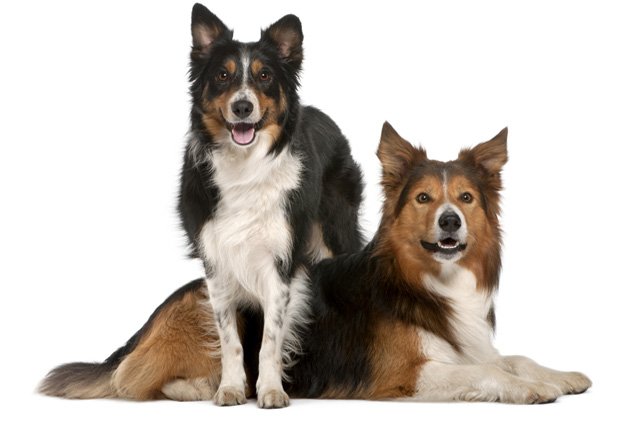





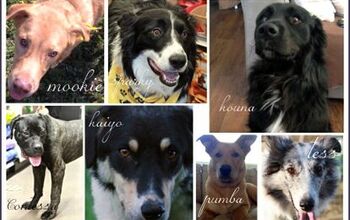
![A Herd of Border Collies Breaks a World Record [Video]](https://cdn-fastly.petguide.com/media/2022/02/16/8228101/a-herd-of-border-collies-breaks-a-world-record-video.jpg?size=350x220)
